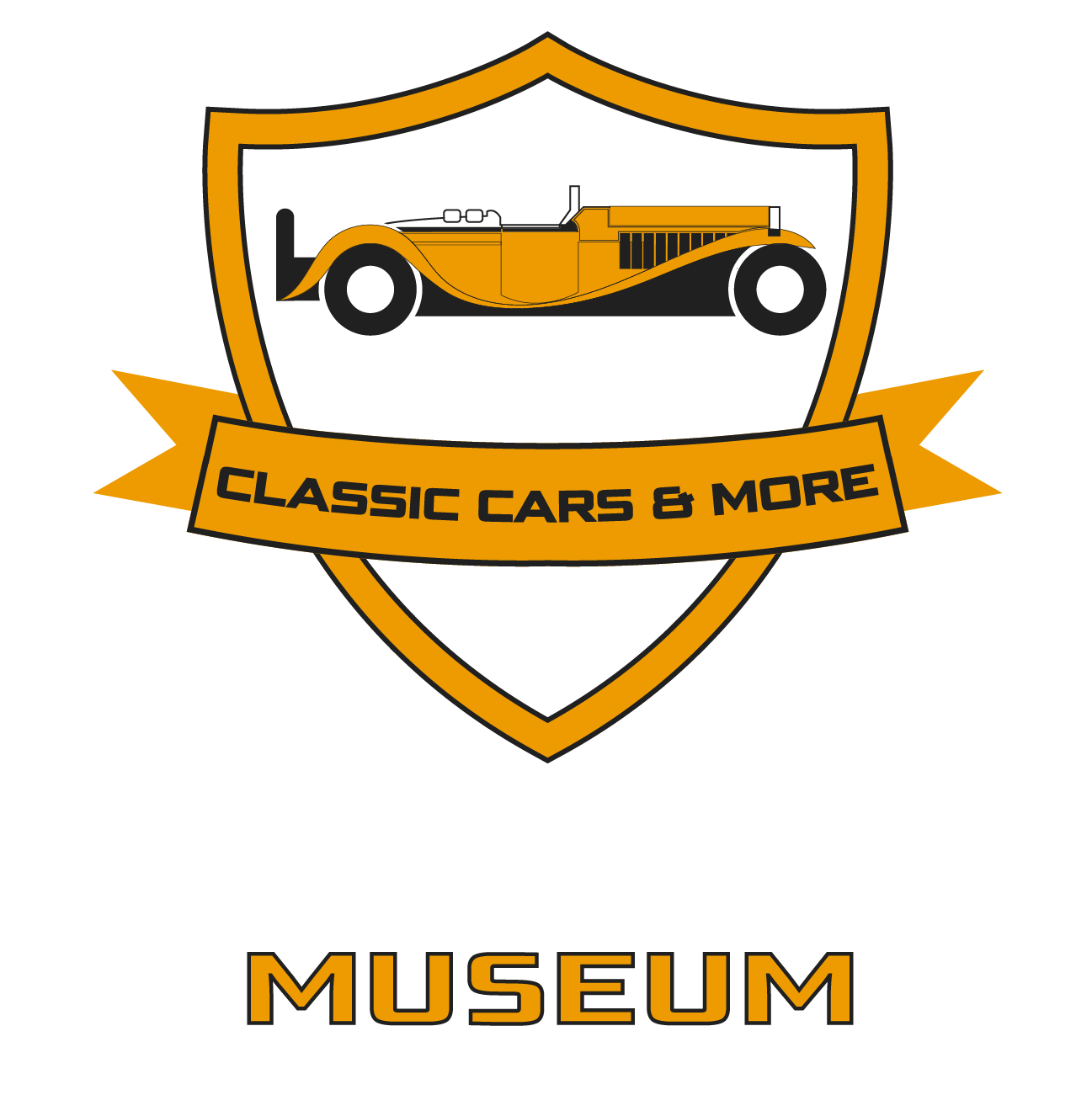365 DAILY NEWSLETTER
BMW M6 E24
The model cycle of the iconic shark-nosed, 2-door coupe between 1976 and 1989 added a lot to the reputation of the Bavarian brand, as the model coming between the 5th and 7th series embodied a design world that, by combining sporty elegance and technical innovations, and it still beats the hearts of petrolheads and laymen alike. The initial series were assembled in the factory in Karmann, a few pieces from this period can hardly be discovered, but from 1977 the place of production was Dingolfing. Overseas, it ran only under the name M6, but here on the old continent it became known as the M635 CSI type designation, the rolling sculpture made in 86,000 copies during the 13-year cycle time. Paul Bracq, transferred from Mercedes, was responsible for the design until 1974. The French designer left his creativity for posterity in the W100, 108, 114, 115 and 250 SL designs for the star brand, but he also worked on the design of the famous high-speed TGV train, so you could say that everything under his hand became an icon (gold). According to experts, the 3, 5, 6, 7 series designed by Bracq made the brand a dominant player in the premium segment, and the M6 played the lion’s share in this.
The propeller-driven brand’s grand tourer hit the market with options such as cooled under-the-elbow storage, genuine buffalo leather upholstery, and a combo of multi-piece spider web rims and compound (low sidewall) tires. First, a wider frame can be bolted, and the traditional 5-bolt center was disguised with the central bolt solution used in racing, and the latter was the famous mass-produced TRX tire, which Michelin presented in 1975.
The interesting feature of the passenger compartment is, of course, the dashboard center console facing the driver and the use of space and materials that favors ergonomics. Unusually for coupes, the cabin has very good all-round visibility and there are even contoured seats in the back row. The 181 and 282 hp engine range includes 2.8 and 3.5-liter inline-six units, which are connected to a 3- or 4-speed automatic transmission, or a 4- or 5-speed manual transmission, as required. Despite the fact that the car is more suited to a dignified procession, the top model with a curb weight of one and a half tons generates good feelings in the passenger compartment, typical of sports cars of the 70s and 80s, with a sprint time of 6.4 seconds and a top speed of 255 km/h. The competition-optimized version has won at least a dozen awards in European, New Zealand and Australian touring car competitions since the 80s, and twice finished on the top step of the podium at the 24-hour Nürburgring race.
The iconic shark-nosed character has been featured in countless films, and the E24 was seen in Miami Vice, Lethal Weapon and Derrick, among others, in chase scenes, not surprisingly. The 6 coupe, released almost 50 years ago, is beyond dispute, there are no arguments against it.
Subscribe to our newsletter
Provide your e-mail address and click the button below to receive special deals and premium offers





